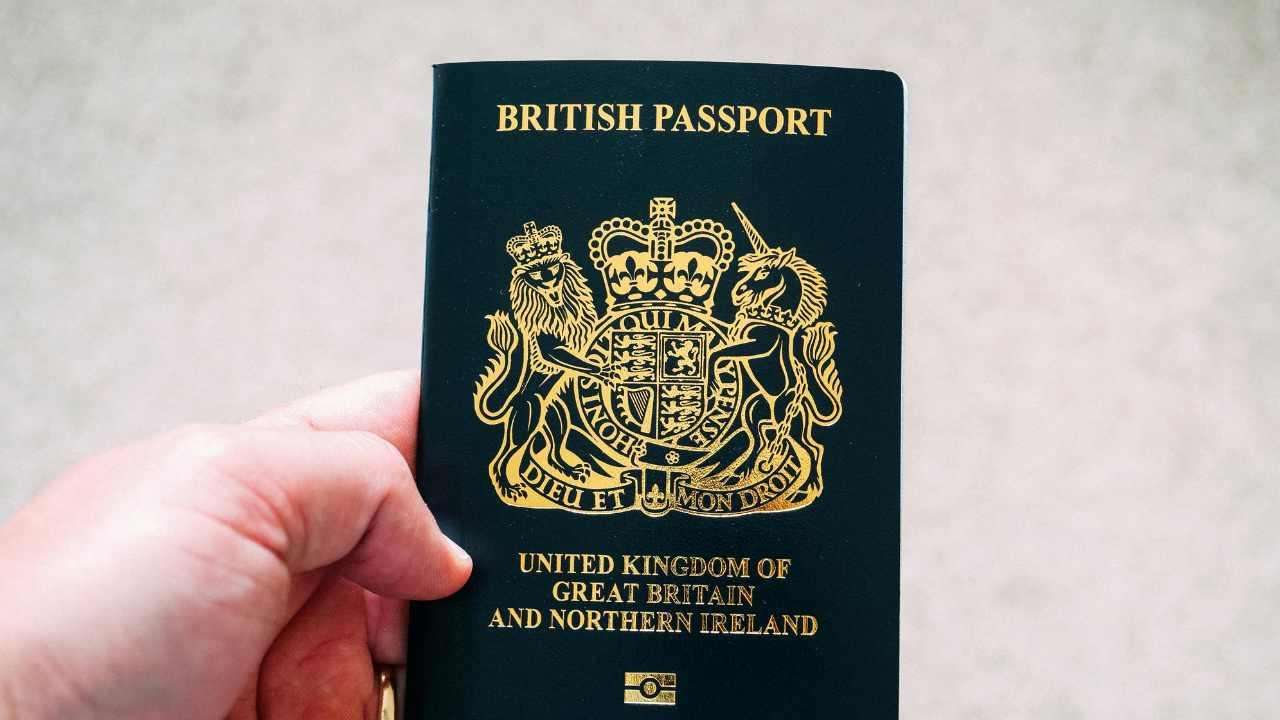The idea that polygamy was encouraged by Islam was dispelled by Mufti Jamali Mohd Adnan, who clarified that Islam did not institute polygamy but rather imposed restrictions on the polygamous cultural practices that were already prevalent at the time.
The number of wives a Muslim husband should have is restricted by Islamic law, he noted, and polygamy is defined as "permissible" (harus) rather than "encouraged" (sunat).
"The law imposes justice as a condition for men who want to marry more than one wife, and the matter of marrying more than one should not be left to the whims of men. Otherwise, the permission granted would be in vain," he said.
He further cited the Fi Zilalil Quran, and Syed Qutb's interpretion of verse three of Surah al-Nisa, where "a person who understands the essence and goals of Islam would not say, 'Marrying more than one is required and encouraged' ..."
Deputy Mufti Jamali said that the Holy Book, rather than focusing on men marrying more than one wife, focused instead on safeguarding the rights of women, especially "orphan girls and weak women", through various teachings and laws. This included their rights of inheritance and livelihood, and preventing injustices due to ignorance and oppressive traditions.
Addressing men who practiced polygamous marriages, he emphasised the importance of acting with pure intentions and fulfilling their rights and responsibilities to all wives and children fairly, while avoiding sin and misconduct.
"Fulfil your rights and obligations to your wives and family, including providing love, support (whether financial, physical or emotional), suitable living arrangements, and most importantly, educating them with Islamic teachings," he advised.
He clarified the basics of polygamous marriages, including being conducted with the knowledge of the current spouse and the permission from the Syariah Court. If the marriage is performed abroad, it must be registered to be recognised under the country's legal system.
"If conflicts arise, discuss them amicably and seek mutual understanding rather than airing grievances on social media," he added, noting the recent tendency among netizens to publicise personal issues on various platforms.
He emphasised that polygamy is permitted as long as it adheres to Islamic law, and that Islam acknowleged the practice as a response to social conditions of the time, as well as a means to protect the welfare of women.
He highlighted that from a fiqh (jurisprudence) perspective, polygamy is generally permitted, but added that rulings would change according to certain circumstances.
RECOMMENDED
"If a man needs to marry another wife to maintain chastity (avoid adultery and misconduct), if the current wife is ill or infertile and the man desires children, provided he has the ability to be just among his wives. The needs are recognised by Sharia, such as increasing offspring, which many companions of Prophet Muhammad (SAW) such as the Tabi'een, and subsequent generations followed," he said.
DISLIKED
He said that if the practice was merely for pleasure or entertainment, or if there is doubt about a husband's ability to be just among the wives, then the practice would be disliked (Makruh) by God. "This is because there is no pressing need and it may cause harm to the wives due to potential unfair treatment," he said. He further quote Imam al-Khatib al-Syirbini who said that it would not be recommended to have more than one wife without a clear need.
PROHIBITED
Deputy Mufti Jamali said that the practice would be prohibited if the man could not be just due to weakness, loss of trust in his ability to act fairly, or because of poverty. He said that it would only result in harm to others, while quoting the Prophet who said that "there should be no harm or reciprocation of harm," as reported by Malik in al-Muwatto'.
He further said that it aligns with Allah's words from the Surah al-Nisa': "But if you fear that you will not be just, then content yourself with only one, or those in your possession. This way you are less likely to commit injustice."
In Malaysian legal aspect, he said that under the Islamic Family Law (Federal Territories) Act 303, Section 23 mandates that any man wishing to practice polygamy must first obtain permission from the Syariah Court as well as the Department of Islamic Affairs of the Federal Territories (Jawi).
"Any attempts to bypass the proper procedures for marriage would be against the law and may be investigated under Act 303, including Sections 19 (Permission Before Marriage), 123 (Polygamy Without Permission), 39 (Unauthorised Marriage), 40 (Marriage-Related Offences), 38 (False Declarations) and 133 (Attempts and Suspicion)," he said.
He said that Jawi would ensure marriages be registered through the correct channels, as unauthorised marriages would cause difficulties not just for the individuals involved but also for their families and society.
"Recognising this, Jawi conducts various awareness programmes related to Islamic family law, and is committed to ensuring compliance with enforced regulations," he said.
In addressing the realities of polygamy, he said that happiness is found when husbands and wives understand and support each other, leading to smooth resolution of matters and improved living conditions through polygamy.
"Conversely, others face turmoil in their lives due to polygamy, such as when husbands neglect their responsibilities towards the first wife, rarely return home, and fail to provide financial support for their wives and children.
"Ultimately, the core issue lies with the husband as the head of the family and the provider of the family's needs," he said.
He said that the term "justice" in the context of polygamous marriages refers to the husband's responsibility to be fair in providing for his wives.
He also said that people who oppose the practice do not understand the concept and regulations surrounding polygamy in Islam, and are largely influenced by groups opposing polygamy on the basis of human rights and freedoms.
"Additionally, they are more exposed to examples of failed polygamous relationships, where divorces and neglect of wives and children occur.
"Successful models of polygamous families, where the husband and family thrive in both family life and career, are not widely highlighted," he added.
Deputy Mufti Jamali further highlighted the emotional and psychological aspects involved in the practice of a polygamous marriage.
"Emotional and psychological aspects are relative and difficult to control. Thus, differences in emotional affection (between wives) do not constitute sin, provided that the physical aspects are maintained and do not lead to injustice or oppression," he said.
He referred to a Quranic verse which says: “You will never be able to maintain (emotional) justice between your wives, no matter how keen you are. But do not totally incline towards one wife leaving the other suspended. And if you do what is right and are conscious of Allah, surely Allah is All-Forgiving and Most Merciful.” (Surah al-Nisa’: 129)
He said that the Prophet exemplified justice among his wives by equitably distributing his time and treating them well, even though he had a special affection for his wife, Aisha.








.svg)


